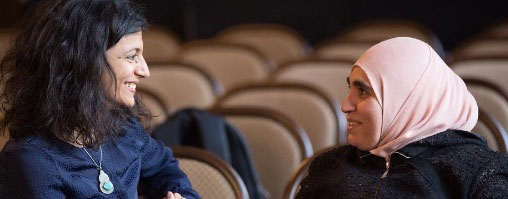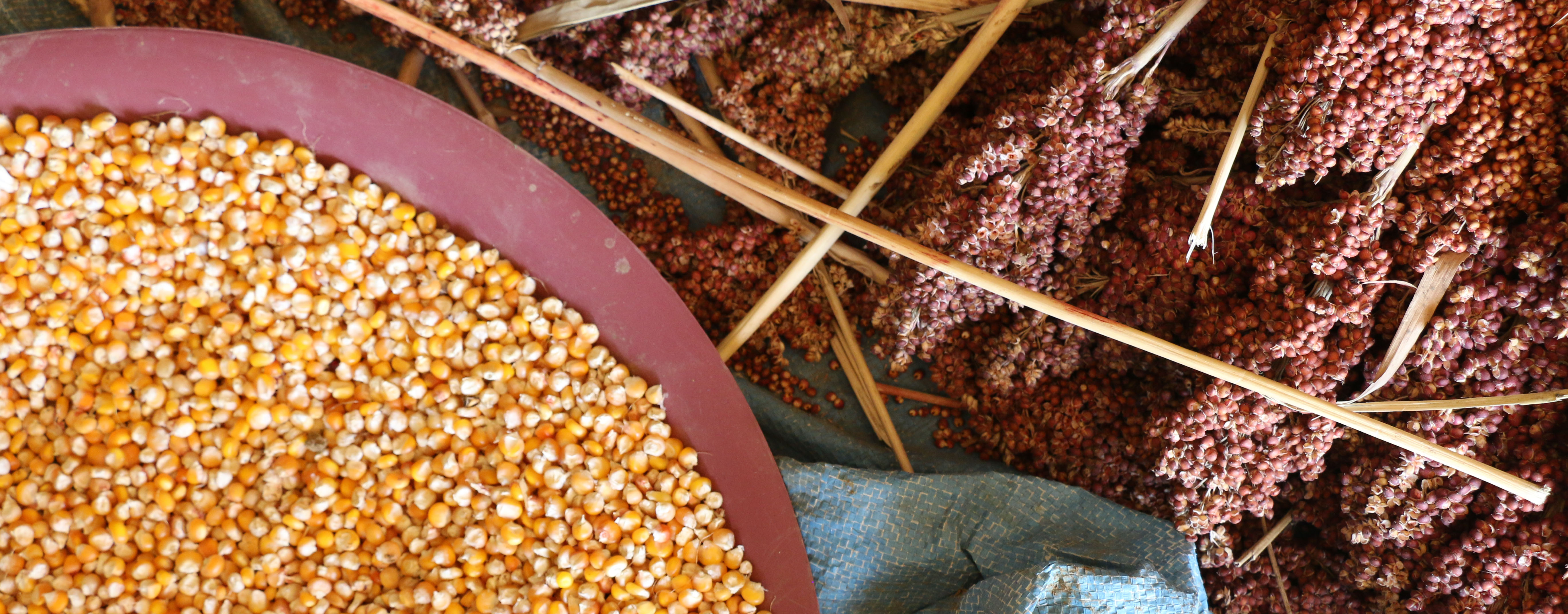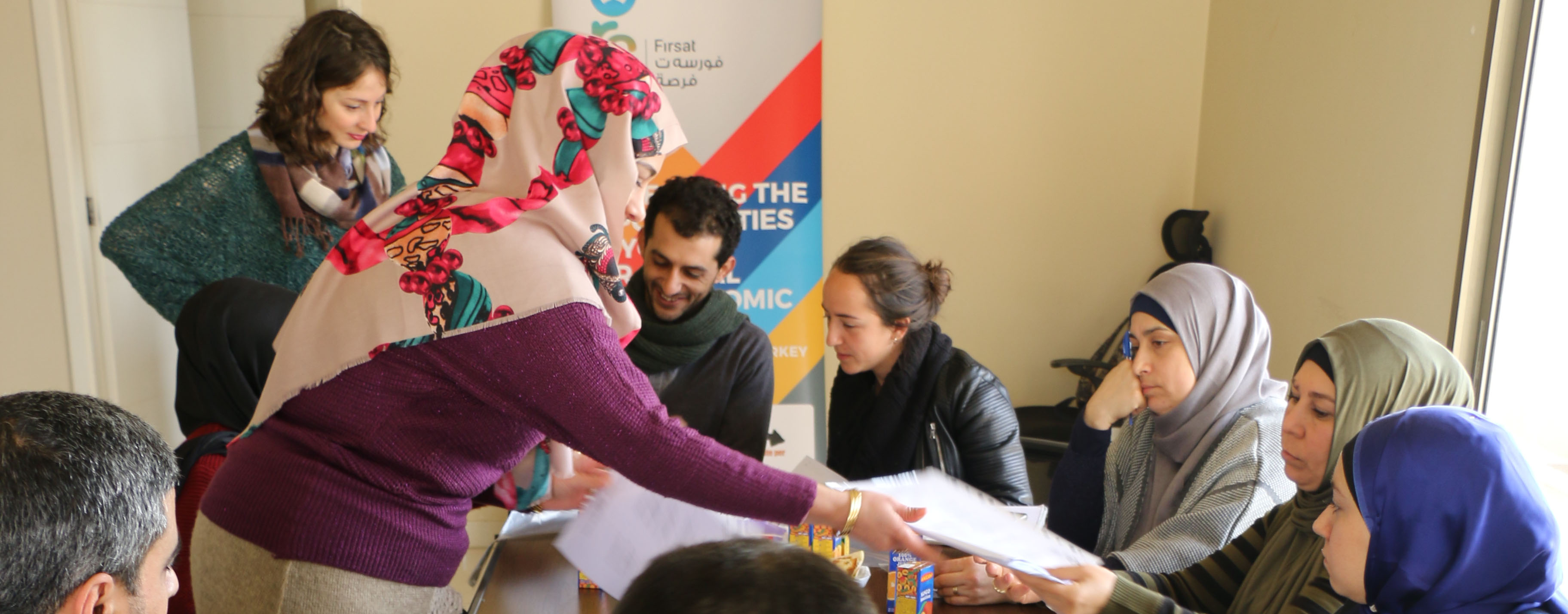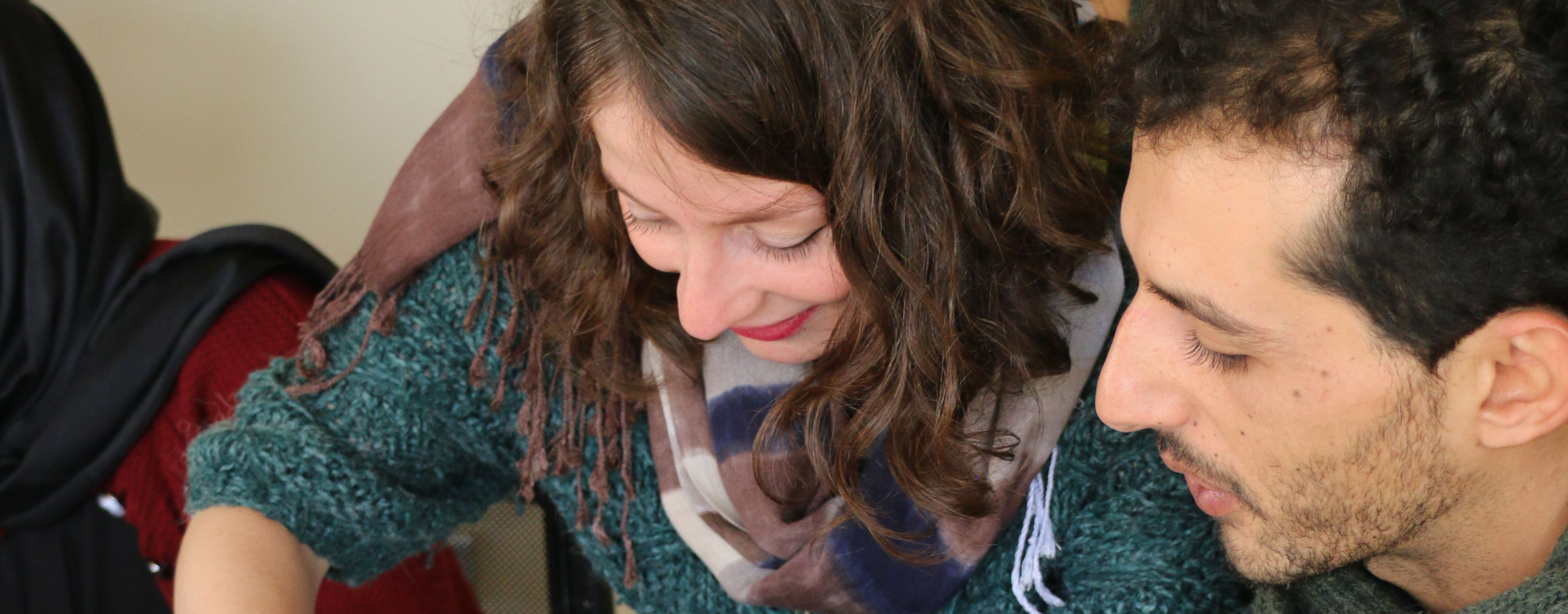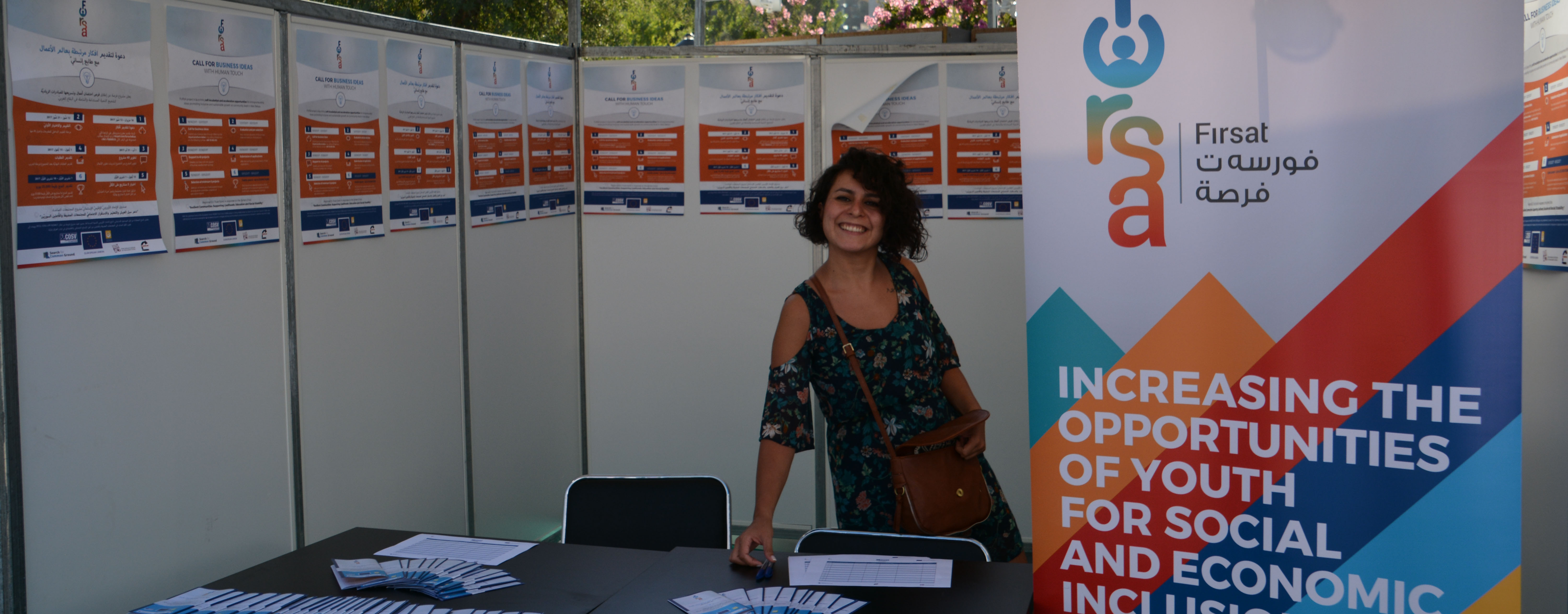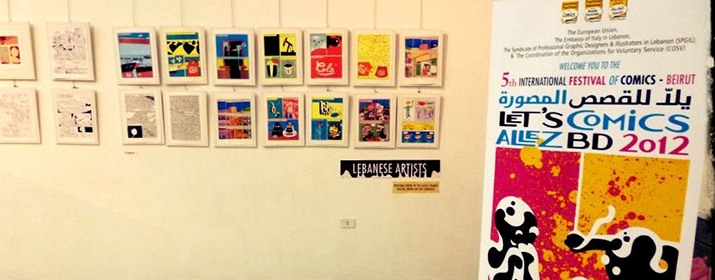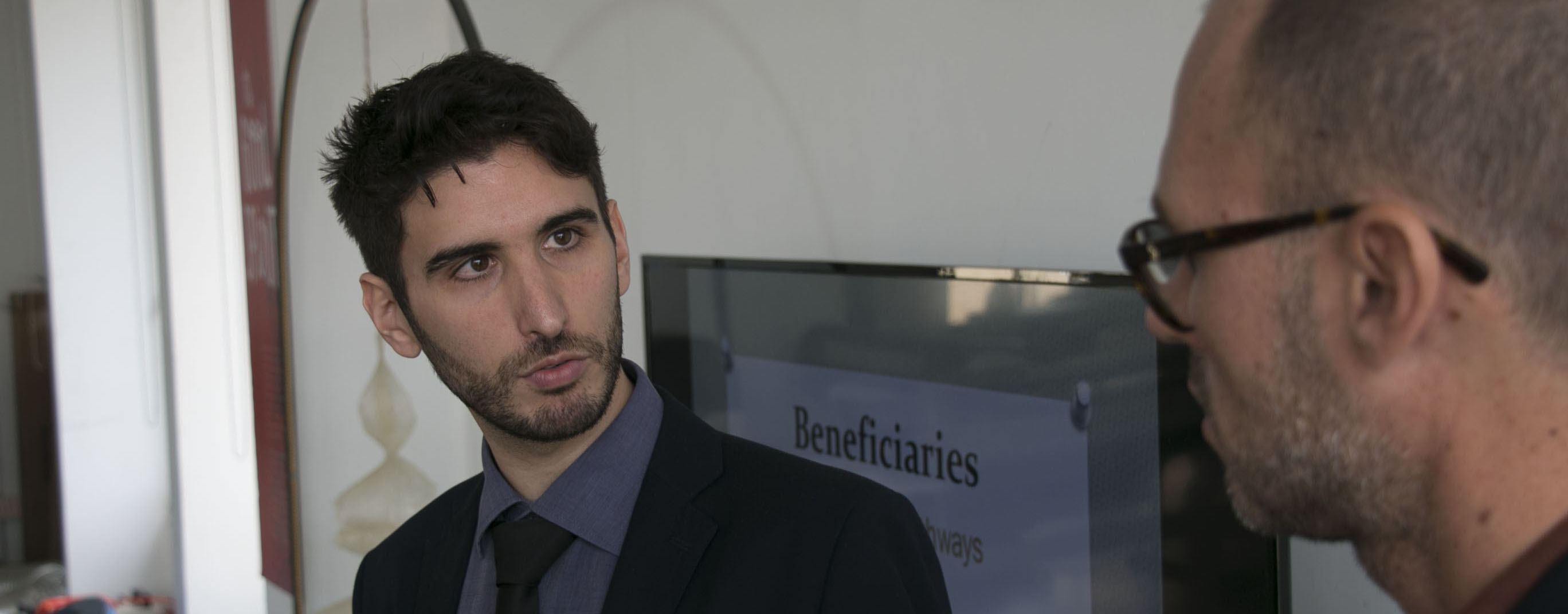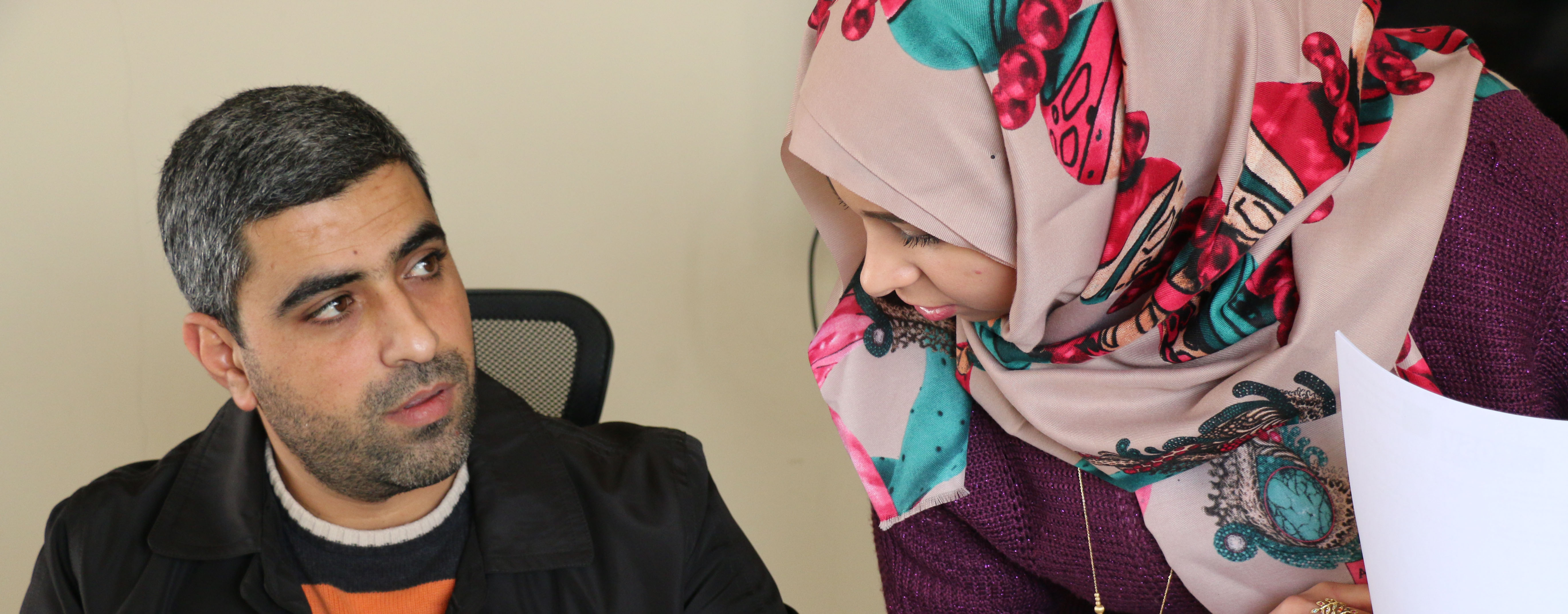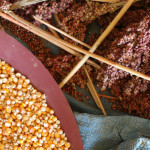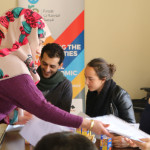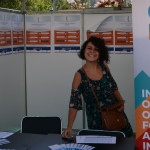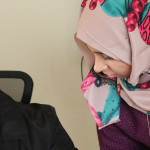The electricity sector in Lebanon is in the middle of a deep crisis, it is still not able to provide the minimum necessary electricity for homes, offices and industries. Since 1990, after the end of the Lebanese civil war, the production of electricity began to soar and energy needs are met mainly (87%) importing petroleum products. Despite the improvements in distribution networks, the system suffers from severe imbalances due to requests from the center of Beirut – and in the poorest and peripheral areas blackouts are very common. If in the capital city energy coverage is 21 hours a day, out of the city it falls between 12 and 18 hours a day. The enormous funding that the sector requires entails sacrifices in education, infrastructure and health; and it compromises the macroeconomic stability of the country.
In the region of Baalbek, we are implementing a pilot project for the promotion of renewable energy through the construction of a biogas plant and the restoration of a historic building with energy saving technologies. The development of renewable energy resources in Lebanon may allow a diversification of resources: increasing domestic production and reducing external dependence paves the way for a major socio-economic growth of the country. Increased availability of energy services helps to improve education and health care in many rural areas. The introduction of renewable energy technologies will also open new employment opportunities for energy production, distribution, operation and maintenance.
The CleanEnerTech project comprises 4 components: BIOGAS: a digester biogas, built and connected to a waste disposal site in the city of Baalbek, for the production of the electrical energy required to maintain the entire system; ECO-BUILDING: demonstrative prototype of an eco-construction, built on the renovation of an old “menagerie” in Baalbek; LAW: support of energy policies integrated into national planning cycle; AWARENESS: awareness campaigns on issues such as renewable energy, energy efficiency and the Bio-building to involve the population on the importance of renewable resources.

